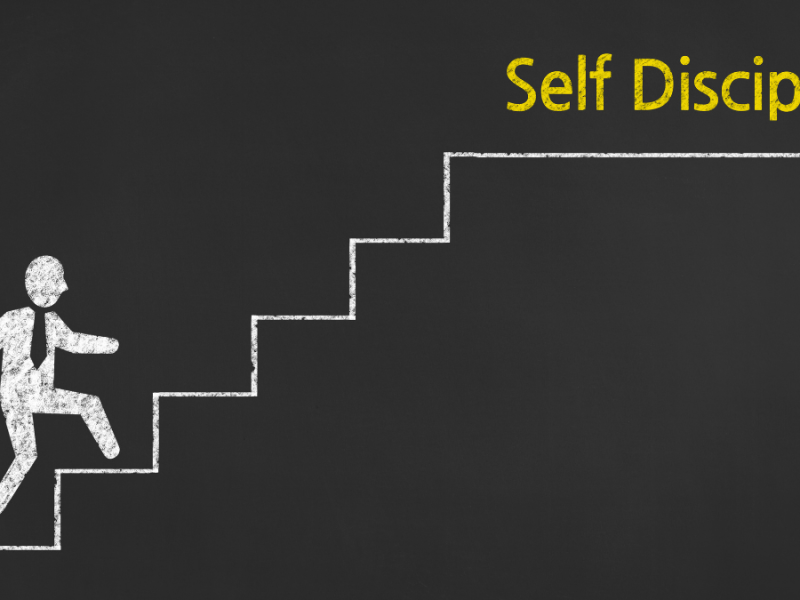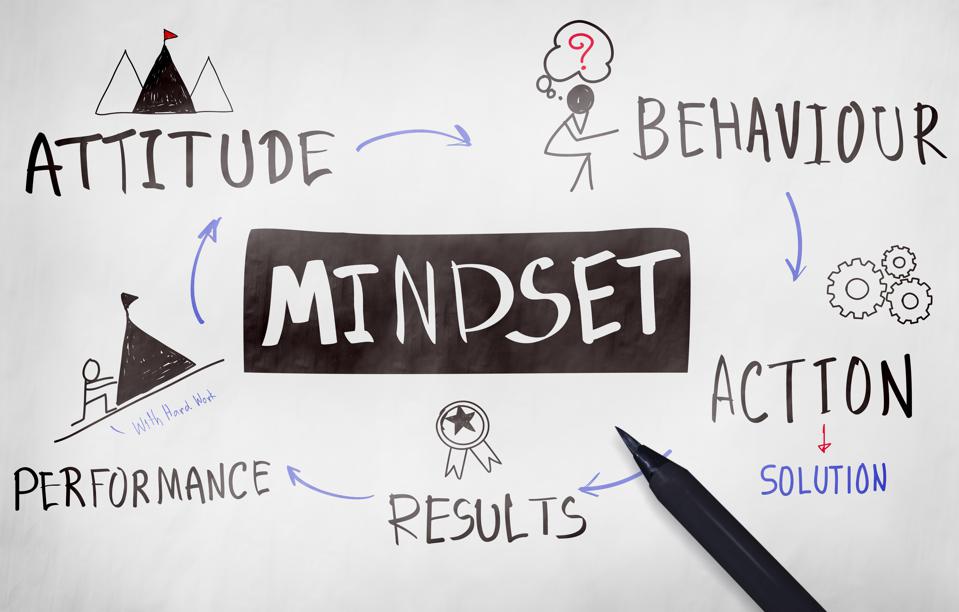John Hawk Insunrated – The role of self-discipline in achieving personal development goals is crucial. It helps individuals stay focused, maintain consistency, and develop habits that lead to long-term success. Without self-discipline, even the best intentions can fall short, and achieving personal growth can become a challenge. This article will explore why self-discipline is vital for personal development, the strategies to improve it, and how it impacts your goals.
Understanding Self-Discipline
The role of self-discipline is the ability to control one’s emotions, behaviors, and actions in the face of temptation or distractions. It requires making choices that align with long-term goals rather than short-term desires. Whether you’re working on a career objective, personal health, or a skill, the role of self-discipline helps you stay committed to your vision.
For instance, waking up early to exercise or resisting unhealthy food choices both require strong self-discipline. It also involves saying “no” to distractions and keeping your focus on the tasks that matter most. The ability to make these choices is essential in developing habits that will push you toward your personal goals.
“Read about: Achieving Wellness: A Holistic Approach to Mind, Body, and Soul”
The Connection Between Self-Discipline and Personal Growth
Personal development involves constant learning, growth, and improvement. For most people, reaching these goals requires not only setting objectives but also working towards them consistently. This consistency is where self-discipline plays a significant role. It acts as the driving force behind your actions, helping you stick to a plan even when challenges arise.
Without self-discipline, goals remain unachieved because the effort required to overcome obstacles is abandoned. Whether you’re trying to improve your financial situation, learn a new skill, or enhance your emotional intelligence, self-discipline provides the foundation on which all progress is built.
Why Self-Discipline is Key to Success
- Promotes Consistency
Achieving personal development goals is not about making sporadic efforts but maintaining consistency. Self-discipline ensures that you continue working towards your goals, even on days when you don’t feel motivated. Whether it’s writing daily in a journal, sticking to a fitness regimen, or reading books every day, self-discipline helps you maintain the momentum. - Helps You Prioritize
Personal growth often involves juggling multiple responsibilities and goals. Self-discipline enables you to prioritize what’s important and take action based on your values and long-term objectives. It helps you make decisions that align with your growth, even when immediate pleasures seem more enticing. - Increases Focus
The ability to stay focused is a direct result of strong self-discipline. A disciplined mind does not give in to distractions. Whether you’re working on a project or building new habits, staying focused is key to making consistent progress. Self-discipline helps block out distractions and ensures that you stay on track with your goals. - Builds Better Habits
Success is often a result of habits, both good and bad. Self-discipline helps you build productive habits that support your personal development journey. Whether you’re trying to eat healthier, wake up earlier, or learn new skills, self-discipline allows you to stick to those positive habits. Over time, these habits compound, leading to substantial growth. - Promotes Long-Term Thinking
Self-discipline teaches you to think long-term. Personal development goals, such as mastering a new skill or advancing in a career, take time. Immediate gratification may seem tempting, but self-discipline helps you see the bigger picture. It keeps you focused on the long-term rewards and prevents you from making decisions that undermine your progress.
“Read more: Effective Exercises to Build Strong Neck Muscles”
How to Develop Self-Discipline
Set Clear, Specific Goals
Clear and specific goals provide direction and focus. Knowing what you want to achieve gives you a purpose, which is critical for self-discipline. Break your larger goals into smaller, manageable steps, and focus on completing them one at a time. By doing this, self-discipline becomes easier because you have a clear path to follow.
Create a Routine
Self-discipline thrives in a structured environment. Create a daily routine that aligns with your personal development goals. Whether it’s a morning workout or setting aside time to read, routines help you stay consistent. A well-established routine removes the need for constant decision-making, making it easier to stick to your plans.
Learn to Say No
A key aspect of self-discipline is learning to say no. Distractions and temptations are all around, and it can be challenging to stay focused. However, saying no to things that don’t align with your goals helps protect your time and energy. Whether it’s skipping a night out or refusing to indulge in unhealthy habits, saying no is a powerful tool for self-discipline.
Use Time Wisely
Time management is essential for developing self-discipline. Make sure that you’re using your time effectively to work toward your goals. Track how you spend your day and identify areas where you can improve. Allocate time specifically for tasks that help you grow, and avoid wasting time on distractions.
Be Accountable
ccountability plays a significant role in staying disciplined. Share your goals with others, and let them hold you accountable. Whether it’s a friend, a mentor, or a coach, having someone to check in with helps you stay focused. They can offer encouragement, keep you motivated, and remind you to stay on track.
Track Progress
Tracking your progress can motivate you to stay disciplined. Celebrate your small victories and reflect on how far you’ve come. Seeing your progress reinforces your commitment and encourages you to keep pushing forward. Use journals, apps, or spreadsheets to monitor your growth.
Practice Self-Compassion
Developing self-discipline is a process, and it’s important to be kind to yourself along the way. Don’t beat yourself up if you slip up or don’t meet a deadline. Instead, practice self-compassion and use the experience as a learning opportunity. Mistakes are part of the journey, and they provide valuable lessons in building better habits.
The Benefits of Self-Discipline in Achieving Personal Development Goals
Self-discipline offers a variety of benefits that can positively impact your life. By staying focused and committed, you can achieve your goals more efficiently. Whether it’s mastering a new skill, improving your health, or advancing in your career, self-discipline acts as the foundation for all of your personal development efforts.
- Improved Productivity
Self-discipline leads to better time management and higher productivity. By focusing on the tasks that matter most, you get more done in less time. This increase in productivity brings you closer to achieving your personal development goals. - Stronger Mental Toughness
The more you practice self-discipline, the stronger your mental toughness becomes. You learn to overcome setbacks and remain focused, no matter how difficult the task. Mental resilience is essential for personal growth because it helps you persevere when challenges arise. - Healthier Lifestyle
Self-discipline also extends to your physical well-being. Whether it’s sticking to a workout routine or making healthier food choices, self-discipline plays a key role in maintaining a healthy lifestyle. By developing discipline in these areas, you set yourself up for long-term success in your personal development. - Increased Self-Esteem
When you practice self-discipline, you gain confidence in your ability to achieve your goals. Each step forward reinforces your self-worth and belief in your potential. The more you accomplish, the more your self-esteem grows, leading to a greater sense of satisfaction and fulfillment. - Enhanced Focus
With better self-discipline, your focus improves. This allows you to dedicate more attention to your goals and work efficiently. Enhanced focus ensures that you’re making the most of your time and energy, which speeds up your progress toward personal growth.



